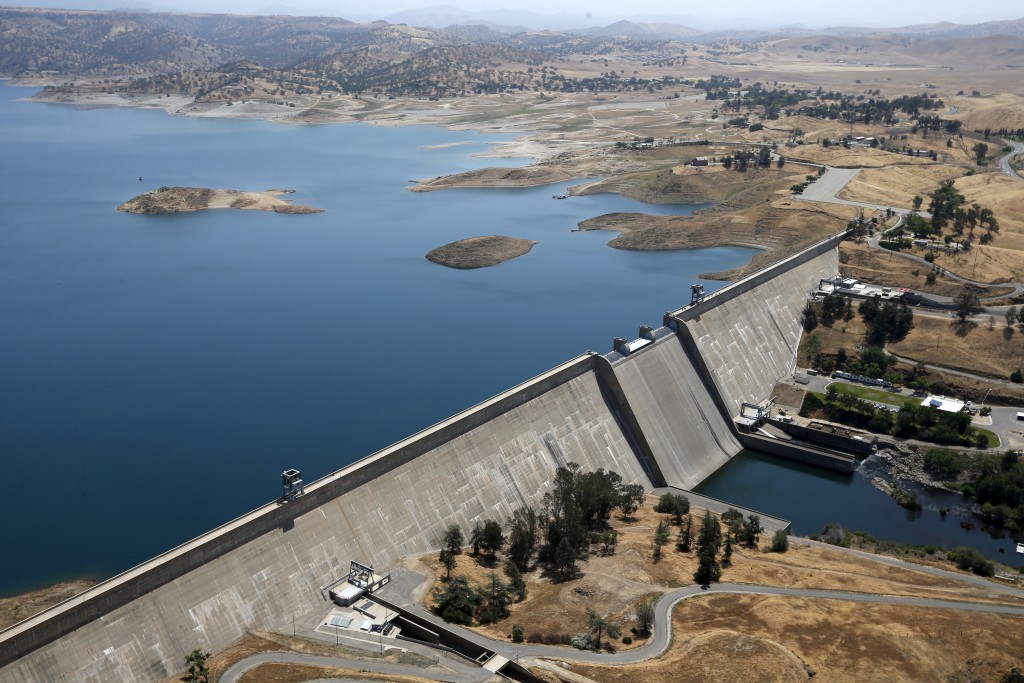
This study demonstrated a risk-assessment methodology for evaluating uncertain future climatic conditions by estimating the impacts from responses to climate change on U.S. state- and national-level economic activity from 2010 to 2050 and quantified the risk from uncertain climate change to each of the interacting U.S. states, noting the impact on the population and businesses as they respond to changing climatic conditions. The REMI model was included in this study to determine the cost of adjusting water usage to match water availability and calculate the macroeconomic impacts resulting from revisions in the comparative economic advantage of each state as well as to evaluate the economic component of the study’s risk assessment. No amount of research could ever eliminate the uncertainty in assessing future conditions and the risks those conditions impose, but because the future may occur before all stakeholders judge that the uncertainty has been adequately reduced, decisions must be made in the presence of uncertainty.